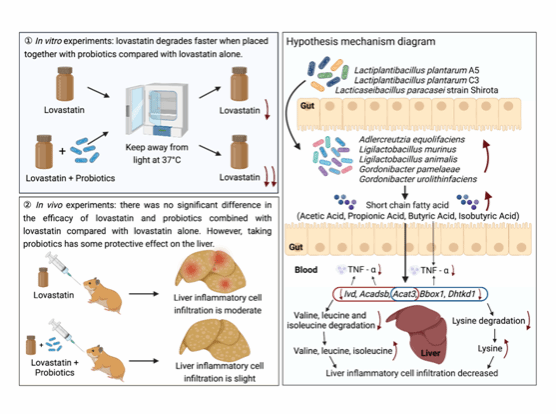1. Title: Five Faculty Members from Our Institute Named Among the Top 2% of Global Scientists for 2022
Content: Five esteemed faculty members from the School of Food Science and Engineering at Hainan University, including Professor Zhang Jiachao, Researcher Zhang Zheng, Associate Professors Yun Yonghuan, Wu Long, and Zhang Wanli, have been recognized in the 2022 "Single Year Scientific Impact" list of the world's top 2% scientists. This prestigious list, now in its sixth edition, was recently released on the Mendeley Data website, a subsidiary of the Elsevier database, by a team led by Professor John P. A. Ioannidis from Stanford University.
The list is curated using an innovative research data analysis system, which has created a publicly cited database for scientists, encompassing citation metrics across various academic fields. Based on this data, two main lists are published: the "Career Scientific Impact" focuses on the overall influence of researchers throughout their academic careers, while the "Single Year Scientific Impact" emphasizes their academic achievements in the current year, 2022.
The inclusion of these five faculty members from Hainan University's School of Food Science and Engineering in the 2022 "Single Year Scientific Impact" list underscores the significant global influence and contributions our institute's scholars have made in the field of food science research.
2.

Abstract
The existence of the gut microbiota produces an “individual drug reaction”. As members of the intestinal microbiota, probiotics, although they have prebiotic functions, may accelerate the degradation of drugs, thereby affecting drug efficacy. Lovastatin is one of the well-recognized lipid-lowering drugs. Its main action site is the liver. Therefore, if it is degraded in advance by gastrointestinal probiotics, its efficacy may be reduced. Here, we designed a two-stage experiment in vitro and in vivo to explore the degradation of lovastatin by probiotics. In vitro, the degradation of lovastatin by 83 strains of Lactiplantibacillus plantarum and the "star strain" Lacticaseibacillusparacasei strain Shirota was investigated by high-performance liquid chromatography (HPLC). The results showed that probiotics could degrade lovastatin to varying degrees. Subsequently, we selected Lactiplantibacillus plantarum A5 (16.87%) with the strongest ability to degrade lovastatin, Lactiplantibacillus plantarum C3 (4.61%) with the weakest ability to degrade lovastatin and Lacticaseibacillusparacasei strain Shirota (17.6%) as representative probiotics for in vivo experiments. In vivo, the therapeutic effect of lovastatin combined with probiotics on golden hamsters with mixed hyperlipidaemia was evaluated by measuring blood indicators, intestinal microbiota metagenomic sequencing and the liver transcriptome. The results showed that the intake of probiotics did not affect the efficacy of lovastatin and could slow the inflammatory reaction of the liver. The supplementation of probiotics produced beneficial metabolites in the intestine by promoting beneficial microbes. Intestinal metabolites affected the expression of the liver genes through the gut-liver axis; increased the relative content of the essential amino acids; and finally improved the liver inflammatory response of the host. This study aims to reveal the impact of probiotics on the human body from a unique perspective, suggesting the impact of taking probiotics while taking drugs.
全文链接:https://microbiomejournal.biomedcentral.com/articles/10.1186/s40168-023-01658-z